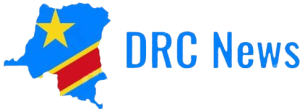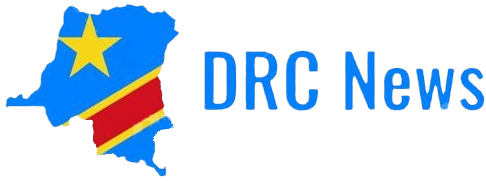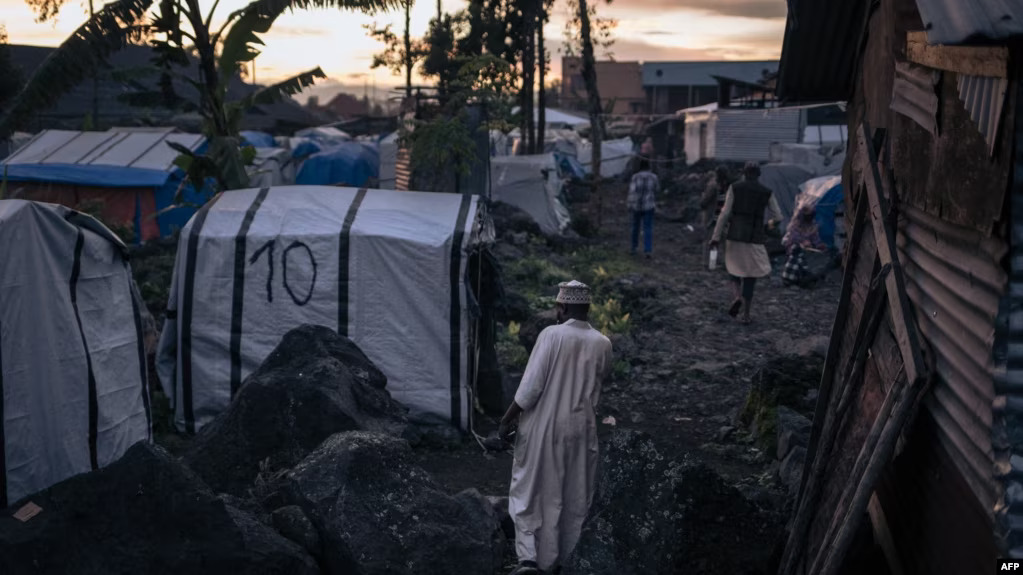Human rights experts warn that ongoing conflict in the eastern Democratic Republic of Congo has trapped the country in continuing cycles of brutality and misery, which will not end until the fighting ends.
The experts, who participated in an in-depth examination of the human rights situation in the DRC at the U.N. human rights council Thursday, deplored the further deterioration of political and civic rights and the escalation of conflict-related violations since the council last reviewed conditions in the country in October.
The United Nations says that armed violence has forced more than 6 million people in the DRC to flee their homes, making this the highest number of internally displaced people on the African continent.
Volker Türk, the U.N. high commissioner for human rights, warns the conditions leading to the deteriorating situation are worsening as the violence of numerous armed groups, notably in the eastern provinces of Ituri and North Kivu, escalates.
“The armed groups, M23, ADF, CODECO, Zaire and Nyatura, continue to carry out egregious attacks against the civilian population and they do this with full impunity,” said Türk.
He said at least 1,338 people, including 107 children, have been killed in the eastern provinces.
“The targeted violence endured by civilians in the conflict-affected areas include sexual violence, sexual violence of extreme brutality. This has historically been used as a deliberate weapon in the DRC and as a strategy of terror.”
He said the violence suffered by broad segments of the population in the DRC was fueled by impunity and by corruption.
“As a consequence, not only is the population deprived of any form of safety or security, they also are deprived of a legitimate part of the country’s wealth.”
The high commissioner added that the people of the DRC have a right to live in peace and without the fear engendered by “these continuing cycles of brutality and misery.”
More than 100 armed groups operate in the eastern DRC. Human rights experts have expressed concern particularly about the continued hold of large swathes of territory by M23 rebels in North Kivu’s Petit Nord region, noting that violent attacks by the group against local communities and villages have displaced nearly 900,000 people.
“At the same time, tensions between the Democratic Republic of the Congo and Rwanda have continued to increase and are worrisome,” said Bintou Keita, the head of the U.N. Peacekeeping Force, MONUSCO.
The DRC has accused Rwanda of backing M23 rebels, charges the Rwandan government denies.
Keita said ongoing violence in the east was disrupting preparations for presidential elections in December. Thousands of Congolese, she said, have been dissuaded from participating in the preparations because of insecurity.
“I also note with concern the rise in political discourse of xenophobic and racist messages that constitute a danger to national cohesion, peace and security.
“The fragile security and tense political context has had repercussions on civic and political space, which continues to shrink with the approach of scheduled national elections,” she said and has given rise to restrictions and harassment of journalists, human rights defenders and others.
Safari Runiga, the National Coordinator of REPRODEV, the Network for the Protection of Human Rights Defenders, Victims, Witnesses and Media Professionals, told the council that the DRC has been shaken for 30 years by deadly cyclical violence and looting of its natural resources by armed terrorist groups in the provinces of Ituri, Maniema, North Kivu, South Kivu and Tanganyika.
He said serious human rights violations committed with total impunity have led to rampant corruption and widespread abuse throughout the country.
“We call on the members of this council to unreservedly condemn this violence and to recommend sanctions against its perpetrators, supporters and other beneficiaries.”
“It is time for the international community, in particular the United Nations, to punish the perpetrators of crimes and violations of international law in the DRC,” he said.
Paul Empole Losoko Efambe, the DRC’s ambassador to the United Nations in Geneva, said his government was working hard to deliver on the country’s international human rights commitments.
“We have, despite the challenges that we are faced with, undertaken to set up a transitional justice mechanism to combat impunity and promote an environment of peace, of social cohesion and reconciliation.”
He said, “the government has begun implementing a law on the fundamental principles relating to the protection of reparations for victims of sexual violence, in connection with conflict and for victims of attacks against peace and security.”
He said the Democratic Republic of Congo was seeking to strengthen its fight against the armed groups operating in the eastern part of the country, particularly the M23 terrorist group, adding that ending human rights violations in the DRC was dependent on bringing that conflict to an end.
CREDIT: VoA


